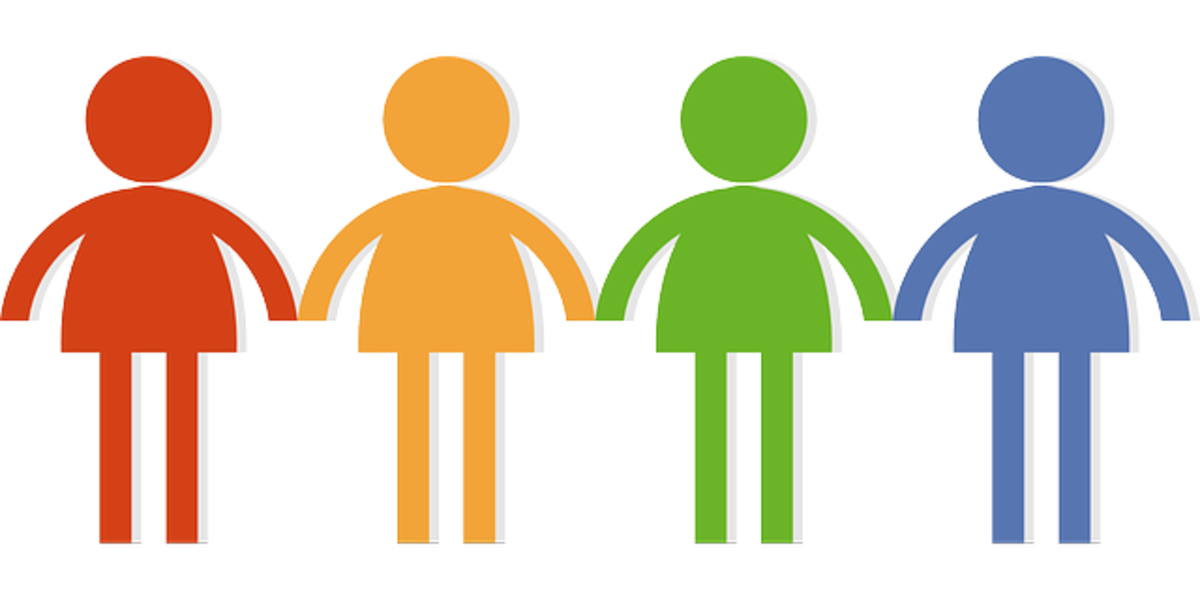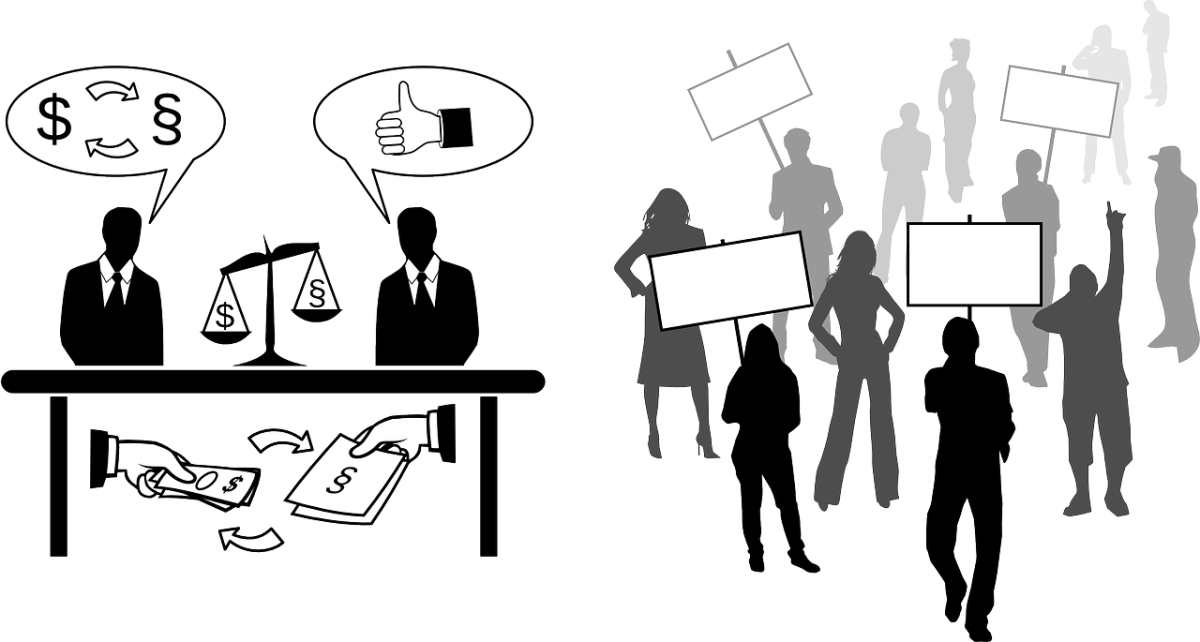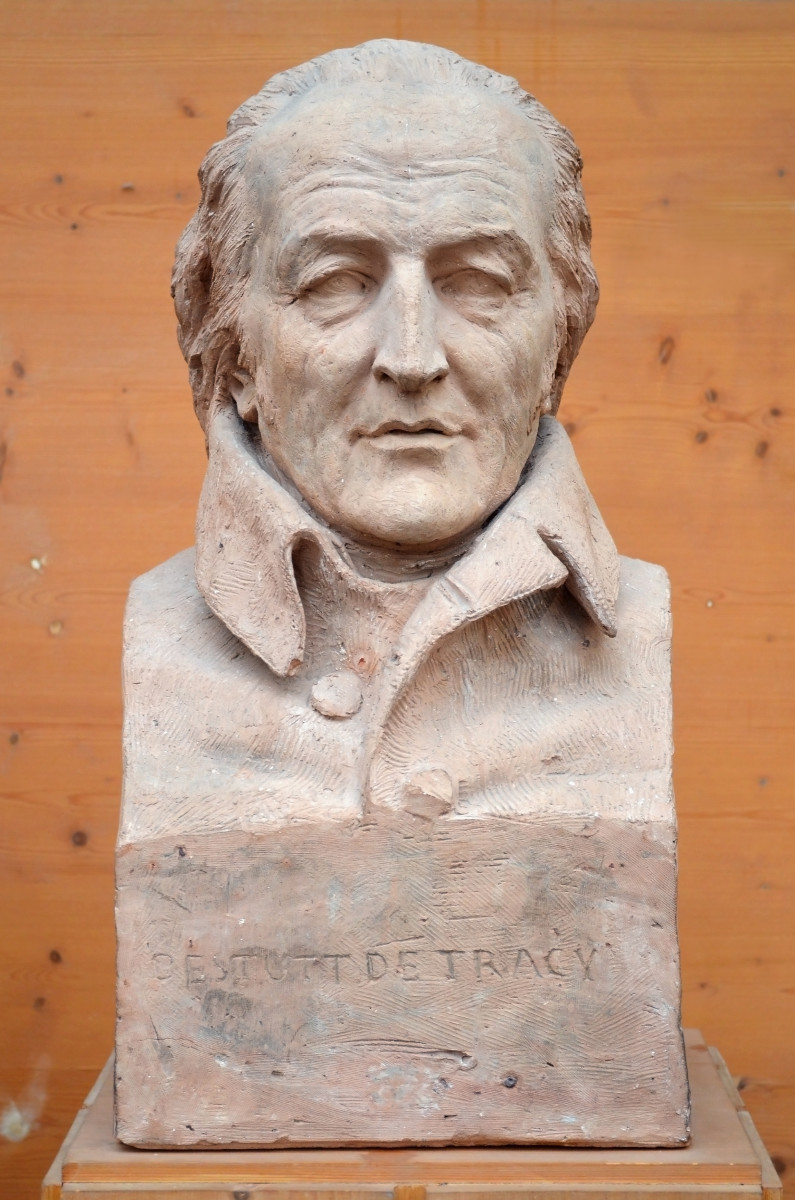Which Model of Democracy Is More Democratic Than Others?

Democracy is a system of government by the people of a state. Former U.S. president Abraham Lincoln (1809-1865) defined democracy as: “Government of the people, by the people, for the people.” Democracy itself has so many theories. Of the theories that democracy has, participatory democracy seems more democratic to me. This essay seeks to explain the reasons behind this view.
First of all I want to explain what participatory democracy is. Jeffrey D. Hilmer defines it as: “Participatory democratic theory envisions the maximum participation of citizens in their self-governance, especially in sectors of society beyond those that are traditionally understood to be political (for example, the household and workplace).”[1]
There are so many benefits of this theory. Kaufman argues that it develops the human powers of thought, feeling, and action. Pateman tries to find comparison between participatory theory and elite and pluralist theories and argues that “active participation enables citizens to self-develop, as well as engendering positive psychological benefits, including feelings of political efficacy. The notion of a participatory society requires that the scope of the term ‘political’. Should be/must be extended to cover spheres outside the national government.”[2] According to Macpherson, the goal of participatory democracy is to enable individuals to self-develop while working for “a more equitable and humane society.”[3]
The main principles of participatory democracy are: direct participation of citizens in their communities and workplaces and the integration of political parties into the pyramidal structure.[4] Participatory democratic theory involves both sectors and modes of participation. Theories of deliberative democracy are often presented as participatory because it includes the people deliberating about collective ends. But, this is just an important component of participatory democracy and is not an enough condition.
Much of deliberative democratic theory emphases on the mode of participation which is the deliberation among citizens, whereas, description of sectors of deliberation are not sufficient. Participatory democracy involves not only deliberation but an extension of deliberation and other modes of participation into several areas of society. So we can say that, deliberative democracy is not equal to participatory democracy. The participatory democracy is even more effective tool than deliberative theory to understand emerging democratic institutions in Porto Alegre and in other situations.
Moreover, Mutz concludes that “my empirical work... has led me to believe that there are fundamental incompatibilities between theories of participatory democracy and theories of deliberative democracy.” Specifically, evidence seems to suggest that deliberative democracy may “discourage political participation, particularly... in part because of the social awkwardness that accompanies publicly taking a stand that friends or associates may oppose.” It seems that “deliberation and participation... do not go hand-in-hand.” [5]
The advocates of pluralist theory of democracy understand political participation in terms of voting, interest group membership and other conventional things. But, the theorists of participatory democracy imagine of political participation in a broader sense. This participation brings so many benefits which cannot be achieved through other models. Here, people realize their full potential and feel empowered.
There are some important reasons why participatory democracy is better than other theories. First of all, in this democracy, citizens have the chance to experience intensive and profound sense of political efficacy and empowerment. There is an educative process involved in this system. A consciousness about society, politics and economy grows among them which affects their lives positively. For example, the case study of Porto Alegre shows evidence that participatory politics, in the form of the participatory budgeting process of the citizen budgetary councils enhanced peoples’ sense of political efficacy and empowerment. Baiocchi says, it “brought several thousand participants into the OP (the citizen budgetary councils) to demand accountability and make real decisions, which deeply transformed civic life in Porto Alegre.”[6]
Secondly, peoples’ political insightfulness and intelligence increase more when they participate in their self-government. The participatory institutions teach the citizens how to become effective citizens. Some scholars argue that average citizens cannot be expected to acquire the specialized knowledge and technical skill necessary to govern complex administrations. They are not experts. So, that is why experts should rule because they are capable to do so. The theorists of participatory democracy argue that, citizens learn by doing. I found this argument convincing. As the statistics of the empirical work in Brazil show the same thing. The major concern of the citizen budgetary councils decides how resources will be allocated in the community. The people spend a big portion of their time to deliberating and deciding how the funds would be distributed. One of Baiocchi’s interviewees says, “I had to learn about the process as the meetings took place. The first time I participated, I was unsure, because there were people there with college degrees, and I don’t [have one]. But in time I learned.”[7] Santos confirms that people also learn technical skills. He said that he was “impressed by the argumentative capacity of the community leaders.” [8]
Finally, participatory democracy breaks the monopoly of the state by transferring the democratic control to the traditionally non-political areas of a society. Porto Alegre is a good example here. It shows how this type of democracy facilitated the people to use political power directly. People with less education, income or even political experience were able to participate. So, it generated a kind of ‘public sphere’. In 1989, 49% of the citizens had access to water and sewage in one district of Porto Alegre, but by 1996 that number had increased to 95% (water) and 85% (sewage).[9] These evidences suggest that, participatory democracy helps a society to become more equitable and humane.
I have discussed the limitations of deliberative democracy previously. Another theory called Radical democracy which encourages people to go back to root and challenge the current ideas and systems. It is against elitism and corruptions. This type of democracy is believed to be synonymous with participatory democracy, which I have already supported earlier.
Another theory is representative democracy. It is a system of government in which all eligible citizens vote for representatives and when they are elected, they pass laws for them. A very good example is the U.S., where people elect a president and members of the Congress. Citizens also elect local and state officials. These elected officials should listen to the people and do what is the best for the country. But unfortunately, it allows the elected representatives to end up with not serving the nation. And such thing takes place everywhere. There are cases in which the representatives look for their own interests. They get richer and but people remain poor. Moreover, this kind of democracy seems to focus on majority. So, the minorities are sometimes ignored. One more critique can be made that, if such representatives make any mistakes or do something wrong, there is little chance to repress them. The voters need to wait for the next election to choose someone else. So, the significance of participatory democracy is that it wanes the state monopoly and it helps the citizens to become more educated, conscious and thus more powerful. And as a result, the system becomes more democratic.
To sum up, it can be said that participatory democracy is more democratic than other types of democracies. It is mainly because this theory serves the aims of democracy more than other theories. In such system, participation of people in social, economic and political issues takes place more than any other systems. Thus, the system becomes more effective, efficient, and democratic.
[1] Hilmer, J. D. The State of Participatory Democratic Theory. New Political Science, (p.43). Retrieved from http://dx.doi.org/10.1080/07393140903492118
[2] Ibid. p.46
[3] Ibid.
[4] Ibid. p.47
[5] Diana C. Mutz, Hearing the Other Side: Deliberative versus Participatory Democracy (Cambridge: Cambridge University Press, 2006). (p. 2, 3, 133)
[6] Baiocchi, Militants as Citizens, op. cit., p. 138.
[7] Ibid. p. 43
[8] Santos, “Participatory Budgeting in Porto Alegre,” op. cit., pp. 352–354
[9] Ibid. p. 336.








